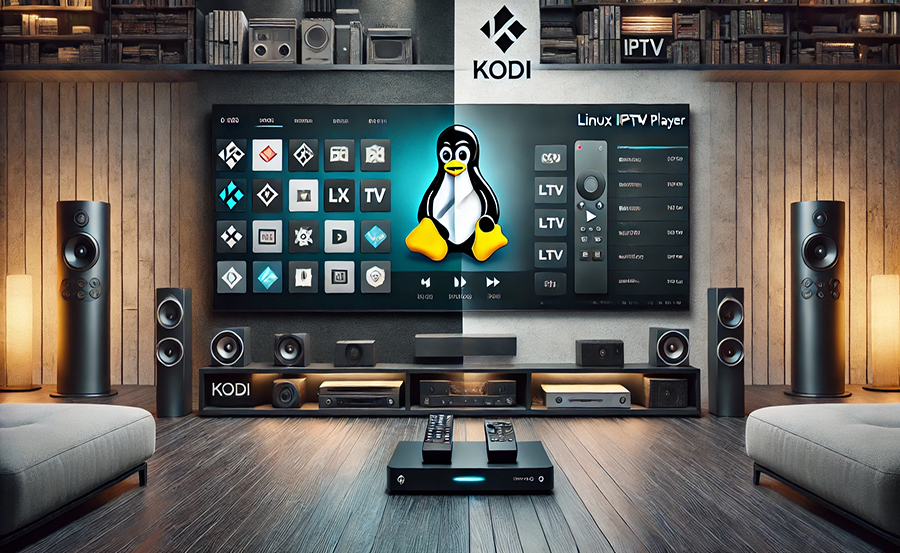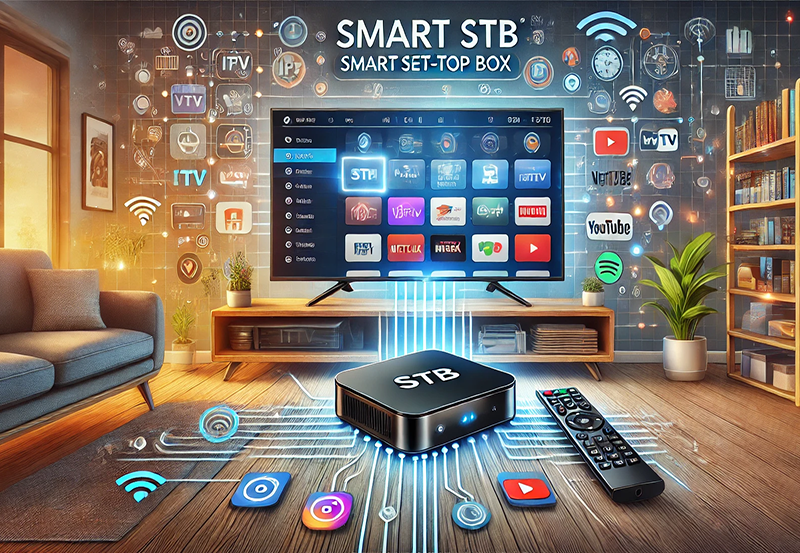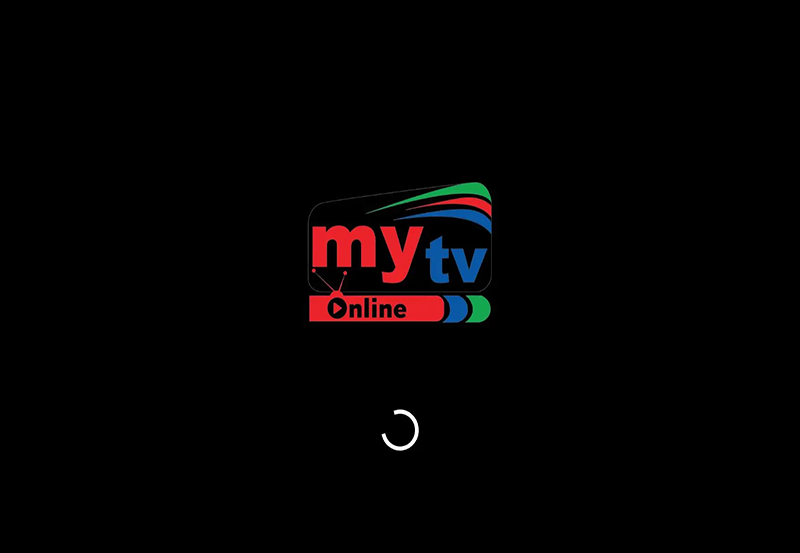In an era where streaming content has become integral to entertainment, the choice of IPTV players is crucial for the discerning consumer. With a myriad of options available, two popular contenders are Kodi and Linux IPTV players. Both have distinct features and capabilities, and choosing the right one can significantly enhance or hinder your streaming experience. Let’s dive into a comparison of these two heavyweights and determine which provides the best IPTV service, optimizes M3U playlists for IPTV, and maximizes your IPTV experience.
Understanding Kodi: A Primer
What is Kodi?
Kodi is an open-source media player that allows users to stream a variety of content. Originally developed as Xbox Media Center, Kodi has evolved to support a wide range of operating systems and devices, making it a versatile choice for users who require adaptability.
Not limited to just a local media player, Kodi also offers plugins that extend its functionalities. These plugins are particularly useful for IPTV services, allowing users to incorporate M3U playlists to access their favorite channels seamlessly.
Expert Advice:
Subscribe to Best USA IPTV and access thousands of high-quality streams anytime, anywhere.
Kodi Features and Popularity
One of the main reasons Kodi remains a popular choice is its customizable interface. Users can personalize their experience with skins, themes, and various add-ons. This flexibility is a significant advantage for those who appreciate personalized touches to their viewing setup.
Kodi supports a broad spectrum of media formats, which makes it highly compatible with various files you might have on hand. Its open-source nature encourages continuous development and updates by a dedicated community, ensuring that the software stays up-to-date and secure.
Delving into Linux IPTV Players
What Are Linux IPTV Players?
Linux IPTV players are specialized software designed for Linux operating systems. They focus on delivering a streamlined IPTV experience and often prioritize functionality over flashy interfaces. These players can vary widely in terms of features and usability, from simple interfaces to more sophisticated ones with multiple options.
While they might not have the same extensive community backing as Kodi, Linux IPTV players offer a reliable alternative, especially for users who are familiar with Linux’s ecosystem and are looking for stability and performance.
Key Features of Linux IPTV Players
Linux IPTV players are known for their efficiency and performance. They typically consume fewer resources, making them perfect for users concerned about hardware limitations. The simplicity of their design often results in faster load times and smoother playback.
Many Linux IPTV players support a range of formats and protocols, ensuring that users can easily access their preferred IPTV services through M3U playlists or other available formats.
Feature Comparison: Kodi vs. Linux IPTV Players
User Interface and Experience
Kodi boasts a highly customizable interface, which is perfect for those who enjoy tailoring their user experience. However, this customization comes at the cost of complexity, which might not suit everyone. Linux IPTV players typically offer a more straightforward interface, allowing for a more direct and less cluttered user experience.
- Kodi: Highly customizable, but potentially overwhelming for beginners.
- Linux IPTV Players: Typically simpler, focusing on usability and efficiency.
Compatibility and Versatility
When it comes to operating systems and device compatibility, Kodi excels by supporting various platforms. This versatility allows users to integrate Kodi across multiple devices without significant concern for compatibility issues.
Linux IPTV players are more restricted to Linux environments, which suits die-hard Linux users but may be less appealing for those using a mix of operating systems.
Optimizing Your IPTV Experience
Maximizing IPTV Service Potential
To maximize your IPTV experience, it is essential to combine the right software with high-quality IPTV service providers. Both Kodi and Linux IPTV players enable users to access M3U playlists, but Kodi’s extensive plugin library can enhance this capability far beyond that of simpler Linux players.
Kodi’s ability to support numerous add-ons means users can experiment with various plugins until they find the combination that best suits their streaming habits.
Ensuring Seamless Streaming
A robust internet connection is crucial for uninterrupted streaming. Regardless of your player choice, ensure that your connection can handle high-definition content without buffering. Also, regularly updating your IPTV player can significantly improve functionality and security.
It’s worth investing in a reputable IPTV service. Quality service providers typically offer better stream stability and content variety, which will further enhance your viewing experience.
Challenges and Limitations
Kodi Limitations
Despite its advantages, Kodi can sometimes be resource-intensive, requiring more robust hardware for smooth performance, especially when multiple add-ons are in use. Additionally, Kodi’s flexibility may lead to complexity for some users, complicating the initial setup.
Security concerns also arise due to certain third-party add-ons that might introduce vulnerabilities. Users need to be vigilant about the add-ons they choose to install.
Linux IPTV Players Limitations
While Linux IPTV players tend to be less demanding on system resources, their main limitation is accessibility, as they are typically restricted to the Linux environment. This might not be practical for users accustomed to using a mix of operating systems.
The lack of community-driven development also means fewer updates and perhaps a narrower range of support compared to more popular options like Kodi.
Final Thoughts: Choosing the Right Player
Deciding between Kodi and Linux IPTV players essentially comes down to personal preference and your specific IPTV needs. If you favor a flexible, highly customized experience and are willing to navigate the setup process, Kodi is likely the better choice. However, if you prefer straightforward functionality and efficiency within a Linux setting, a Linux IPTV player might be the way to go.
Consider what matters most to you: customization and versatility with Kodi, or simplicity and speed with a Linux IPTV player. Your choice will greatly depend on your existing setup, technical know-how, and the kind of viewing experience you’re aiming for.
Your Questions Answered: FAQs

1. Can I use Kodi on a Linux-based system?
Yes, Kodi is highly versatile and works efficiently on various operating systems, including Linux. You can download the Linux-specific version from the Kodi website and follow the setup instructions provided.
2. Are there security concerns when using IPTV services on Kodi?
Security can be a concern with certain third-party add-ons. To mitigate risks, only use trusted plugins from verified sources. Regularly updating Kodi and its add-ons can help protect against vulnerabilities.
3. What factors should I consider when choosing an IPTV service?
Look for an IPTV service that offers reliable streaming, a good selection of channels, and responsive customer support. A well-reviewed service can greatly enhance your IPTV experience regardless of the player you choose.
4. How do M3U playlists work with Kodi and Linux IPTV players?
M3U playlists are used to list your IPTV channels in a format compatible with both Kodi and Linux IPTV players. You load these playlists into the player to access the channels provided by your IPTV service.
5. Which is more beginner-friendly: Kodi or Linux IPTV players?
For beginners, Linux IPTV players might be slightly more user-friendly due to their simplicity. Kodi, while offering more features, can present a steeper learning curve.
6. Can Linux IPTV players support plugins similar to Kodi?
Linux IPTV players do support some plugins, but the range and variety are typically limited compared to Kodi. Users looking for extensive plugin options might find Kodi more suitable.
Top Fixes for IPTV Not Connecting on Your Smartphone




